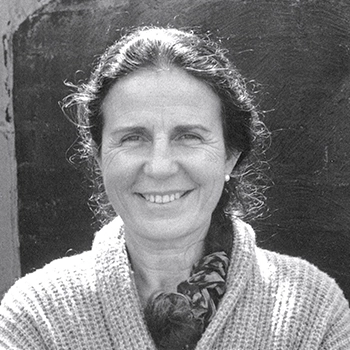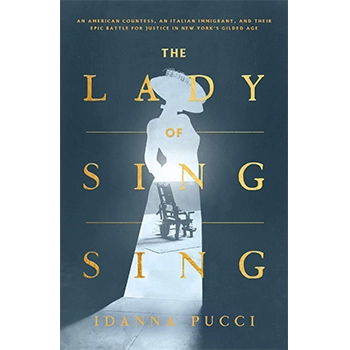An integral aspect of Dr. Salk's vision in founding the Salk Institute for Biological Studies in La Jolla, California, was to create a place conducive to inter-disciplinary dialogue and exchange. It was Dr. Salk's belief that the sharing of ideas is a vital ingredient, not only in scientific breakthroughs, but throughout all human affairs.
In October of 2009, Human Futures and the Western Behavioral Sciences Institute held their first joint webconference, bringing together a diverse group of global thinkers from the humanities and the sciences.
The first conference focused on the relevance in the 21st century of the iconic 1959 lecture delivered by British writer and mathematician C.P. Snow, a first fellow of the Salk Institute, entitled “The Two Cultures and the Scientific Revolution."
Conferences followed along resonant themes exploring such issues as the value of altruism, prospects for holistic education, and feminist autobiography with conclusions delivered at UKFIET educational conferences held at Oxford University in England and at the American University of Paris in France.


Idanna Pucci
Copyright: Terence Ward
Through its Open Studios, Human Futures provides supported platforms for its fellows to explore and develop independent projects contributing to "the humanization of humankind" in Dr. Salk's words.
Human Futures is pleased to announce its inaugural collaboration with international author, documentary filmmaker, and human rights advocate, Idanna Pucci, in the film adaptation by Booker Prize author, John Banville, of her recently re-issued book, The Lady of Sing Sing: An American Countess, an Italian Immigrant, and their Epic Battle for Justice in Gilded Age New York (Simon & Schuster).
The story occurs in 1895, when a young Italian immigrant is tried in New York City and convicted of a crime of honor: she had killed the man who promised eternal love, but then drugged and raped her. Maria Barbella, 22 years old, would have been the first woman to die in the newly invented electric chair unless a complete stranger, Cora Slocomb, an American heiress and social activist, had mobilized Manhattan's tabloid press and high society to save her. Married to an Italian count and living in Italy, Cora courageously launched the first national campaign against the death penalty. Yet, the powerful inventor Thomas Edison had aligned his forces against her and the immigrant girl. As the electric chair could be powered only with the AC current of his rival Westinghouse, the future of Edison's DC direct current in America depended on Maria's execution and its outcome of public fear.
In the end the unjust death sentence was reversed and Maria's life was saved and transformed through Cora Slocomb's initiative at the intersection of civil justice, immigration, women's rights and prejudice.